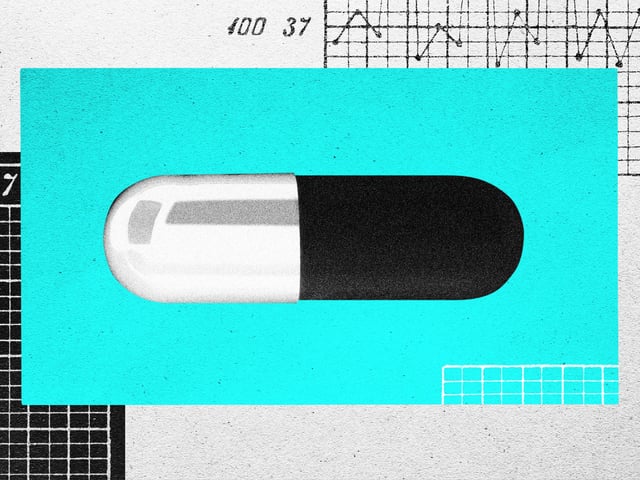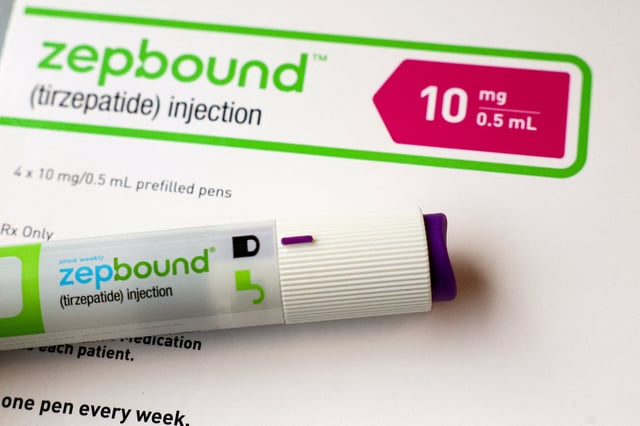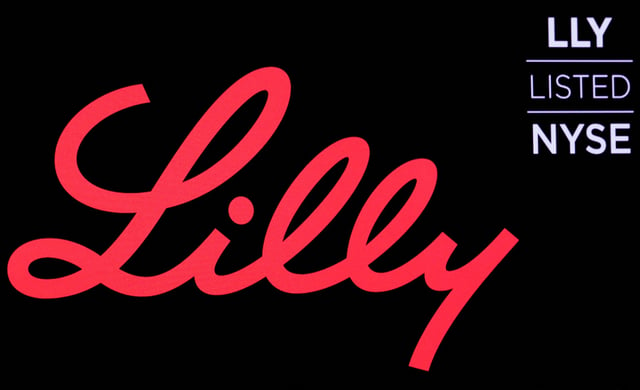Overview
- The 36 mg dose of orforglipron yielded an average 7.9% body weight reduction and lowered HbA1c by up to 1.6% over 40 weeks, matching semaglutide and tirzepatide injectables.
- Daily dosing without food or water restrictions led all three tested doses to achieve significant blood sugar control in a 559-patient type 2 diabetes trial.
- Gastrointestinal issues including diarrhea, nausea and indigestion were comparable to existing GLP-1 treatments, prompting 4–8% of participants to discontinue due to side effects.
- Lilly plans to submit Phase 3 data for non-diabetic obesity patients in Q3 2025 and to file for weight management approval by year-end, followed by a type 2 diabetes application in 2026.
- As an oral alternative that avoids cold-chain storage and injection requirements, orforglipron could expand global access and alleviate supply constraints for GLP-1 therapies.


